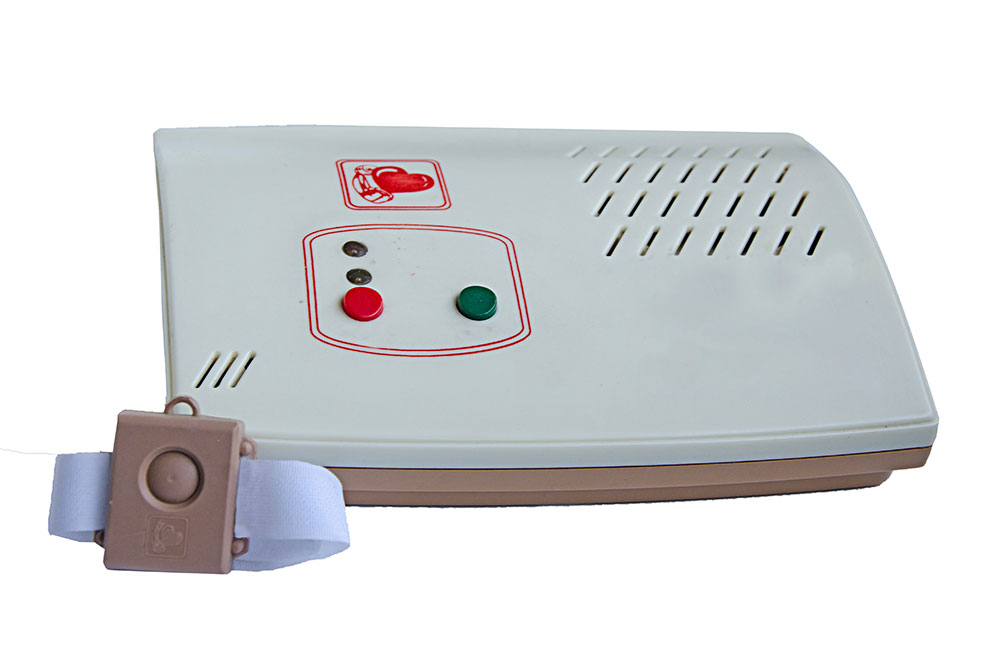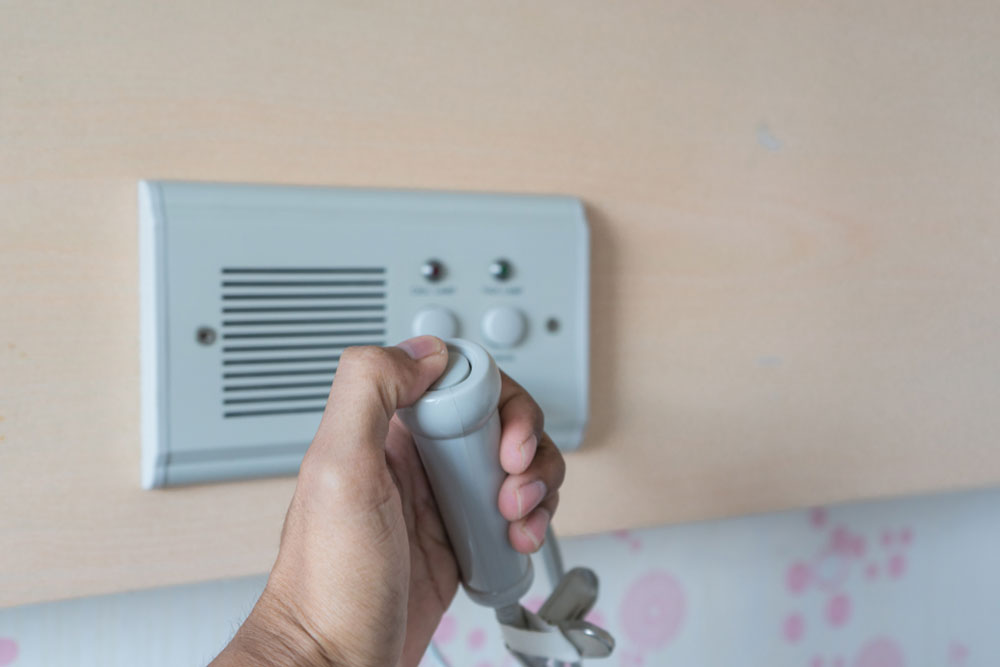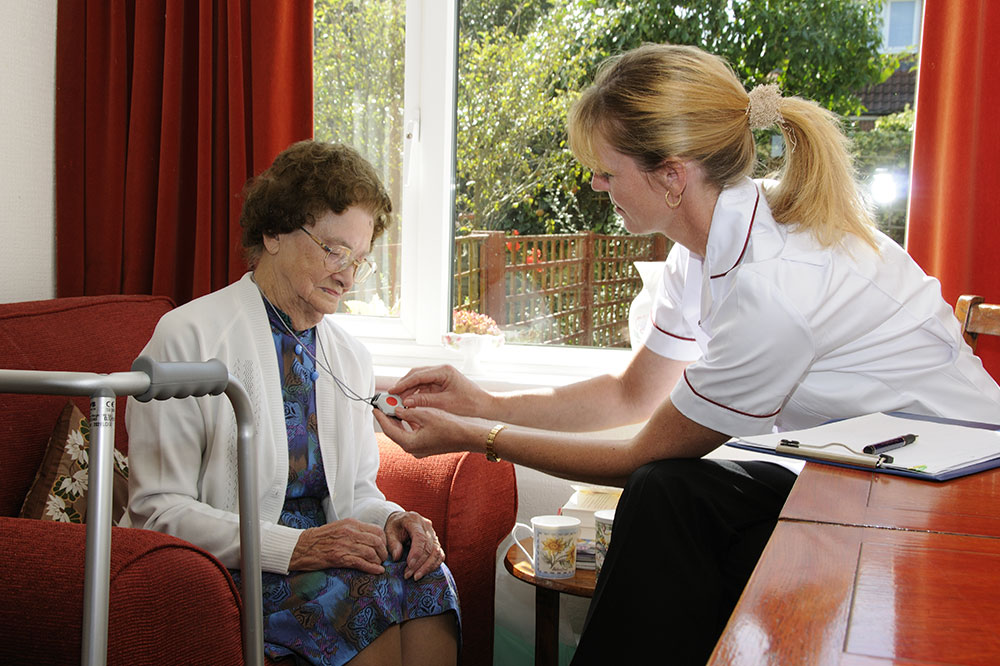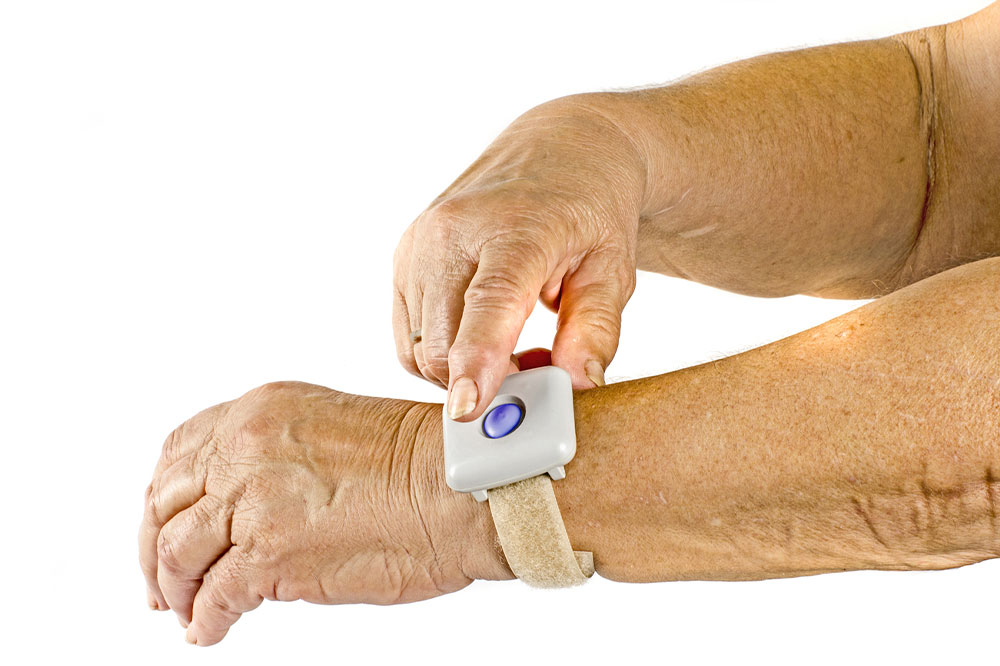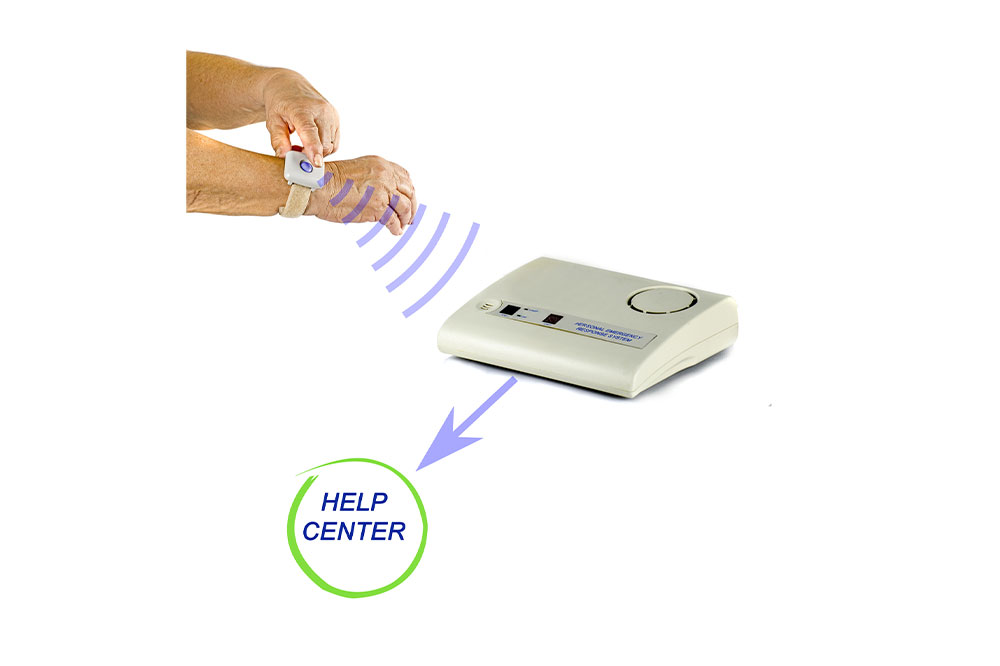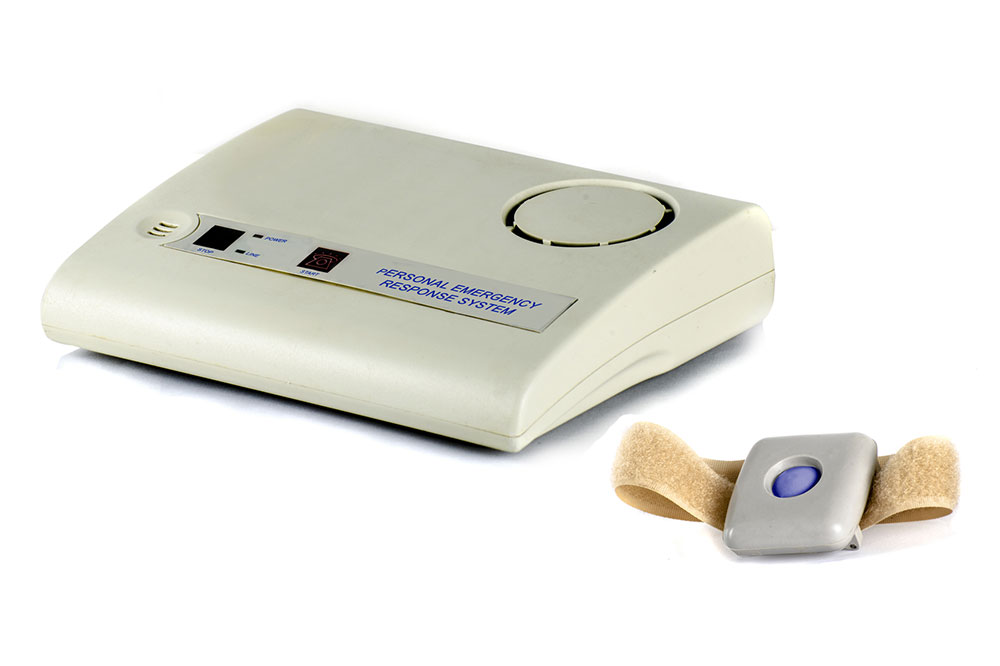Best Senior Medical Alert Systems and Key Features
Explore the top medical alert systems for seniors, highlighting leading brands, device types, and essential factors to consider for safe, independent living. Features include fall detection, vital monitoring, and real-time alerts, tailored for modern elder care needs in Japan and beyond.
Sponsored
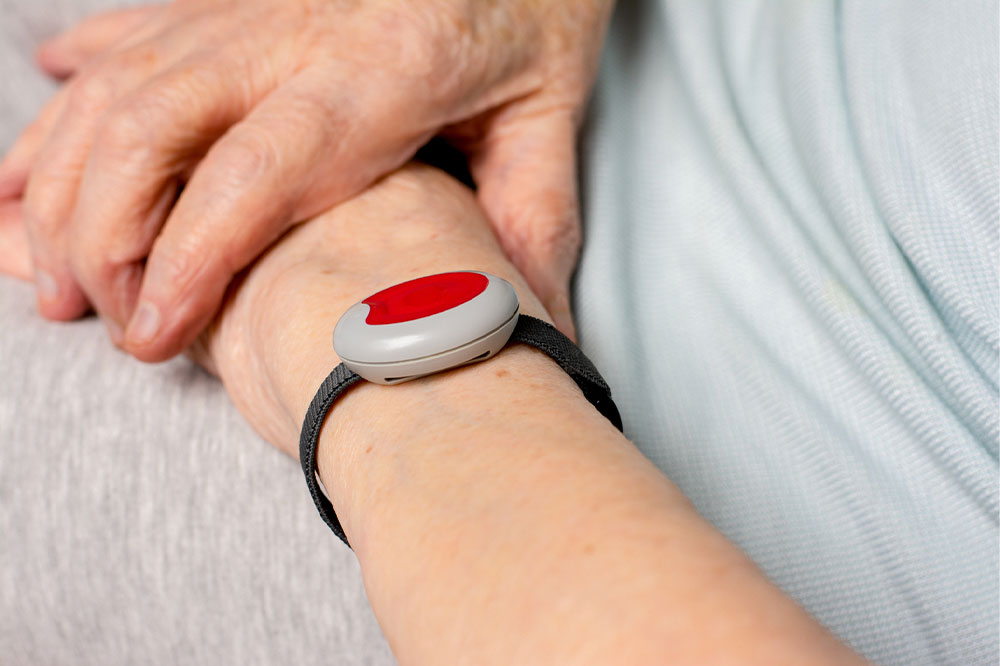
Best Senior Medical Alert Devices and Their Features
With Japan having one of the highest proportions of seniors aged 80 and above, the importance of medical alert systems for elderly care is more significant than ever. These systems are vital for maintaining seniors' safety and independence. Various brands now offer tailored solutions that cater to diverse needs, budgets, and preferences. Understanding your specific requirements and available features is essential before choosing the right device to ensure optimal support for your loved ones.
Leading Medical Alert Brands in Japan
Numerous companies are introducing innovative alert systems into the Japanese market, recognizing the unique needs of the elderly population. Here are some notable brands worth considering:
Tellus Care
This American brand is now expanding into Japan, showcasing its advanced radar-based technology. The wall-mounted device gathers important health data covertly, especially in senior care facilities. It connects to Wi-Fi or cellular networks, providing real-time updates via a mobile app used by caregivers. It detects movements such as getting in and out of bed and walking around within a approximately 5-meter radius, and also monitors vital signs to assist in fall detection and emergency alerts.
This device enables caregivers to monitor seniors remotely, ensuring prompt emergency response. Its technology leverages similar principles used in autonomous vehicles and drones, making it cost-effective.
Iveda
Iveda’s wearable devices, like the IvedaPinPoint wristwatch from B-Lab, track seniors' movements and routes, helping caregivers define safe zones. The watch alerts caregivers if the senior remains immobile for extended periods and continuously monitors body temperature, providing vital health insights at a glance.
Secom
Secom, a security provider, has entered the elder care market with the Secom My Doctor Watch wristband. It tracks activity levels, calorie expenditure, and detects irregularities, sending immediate alerts when necessary. The company also offers a pendant device designed for quick warning signals when seniors feel unwell, alerting caregivers instantly.
Types of Medical Alert Systems
In-home alert systems: Designed for indoor use, these typically cover the entire residence and sometimes extend to yards.
Mobile alert systems: These operate outside the home via cellular networks and come in forms like necklaces, watches, and bracelets, all equipped with emergency buttons for quick assistance.
All-in-one solutions: Combining features from both in-home and mobile systems, these versatile devices provide continuous protection whether seniors are at home or traveling.
Key Considerations Before Purchasing
Budget: Determine your financial limits ahead of time. Features like advanced sensitivity or additional functions may increase costs; it's important to balance needs with affordability.
Device Type: Choose based on lifestyle — frequent travelers may benefit from mobile devices, while those mostly at home might prefer in-home systems.
Monitoring Method: Decide if the senior should activate emergency alerts directly or if caregivers will receive automatic notifications to respond quickly.

